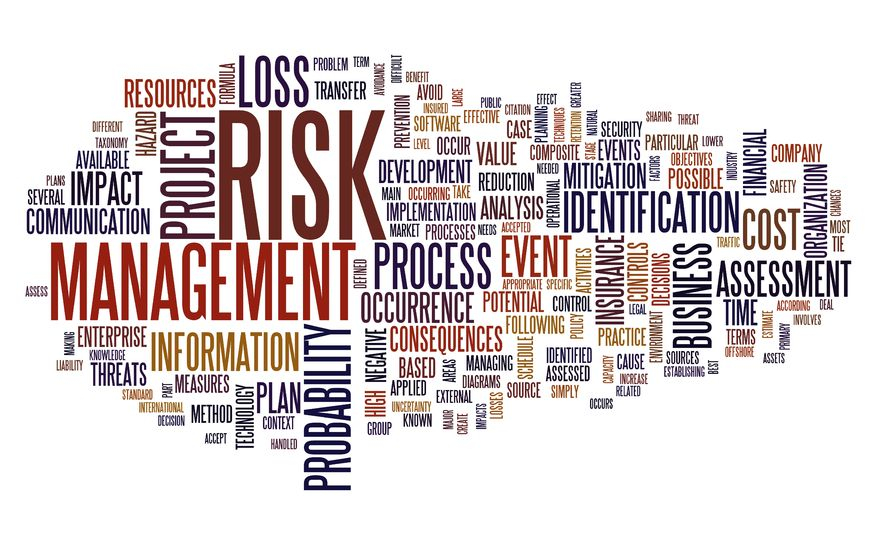Are you interested to work in the risk management field? Looking for relevant courses that can bring you to there? You probably need to consider to take a related course on the subject. But first, before going further, let see what kind of job-related that offered in the risk management field. Risk management jobs in investment banks are divided into different areas of risk.
- Credit risk. The risk that a particular company or an individual defaulting on their obligation to repay their debts.
- Market risk. The risk that a group of traded financial products (e.g. stocks, bonds or commodities) falling in value simultaneously because of outside events, such as rising oil prices or terrorist attacks. Also known as ‘systemic risk’.
- Operational risk. The risk that a bank incurring damage or losses due to internal factors, such as systems breakdown or financial wrongdoing.
Thus, the question is what is required? What is actually the employer looking for someone aiming in this career? In general, skills required wanted from compliance and risk employees are as follows.

Firstly, it is definitely needed is the proper knowledge in the risk management field and, depends on the specialty, but commonly this should cover basic knowledge risk management, namely Risk management and assessment, Internal controls, Corporate Compliance, Corporate Governance and Information systems security. To work in risk management, a bachelor’s degree is the basic minimum, but more typically an MBA also is required. Strong quantitative skills are a must, and thus a background in management science and in the development or use of predictive models can be very helpful. Courses in risk management are increasingly common at both the undergraduate and graduate levels, and some institutions offer degrees in risk management.
Secondly, the required skill set for this profession are Technical background, Decision-making, Judgment, Execution, and Computer. There are several formal risk management certifications. They are required by a growing number of employers and may help start or advance a career in the field with other firms, but a majority of companies do not yet demand them. In any case, experience in law, accounting, compliance, insurance and/or operational areas of the financial services industry are important credentials.
For example, risk managers who oversee securities trading should have intimate knowledge of trading practices and procedures, the knowledge that is best gained from prior experience as a trader, or as a trading desk assistant.
Thirdly, it must have the abilities for Interpersonal, Leadership, Analytical, Written communication, Verbal communication, Ability to problem solve, Integrity, Organization, Attention to detail, Timeliness and Adaptability. And this is perhaps somewhat surprisingly, among the key attributes banks look for in their compliance and risk recruits are good communication skills and an ability to build relationships. Employees in this area are becomingly increasingly central figures within the organization, and an ability to effectively describe complex issues to people elsewhere in the business is key.
According to Charles Eve, head of compliance, EMEA at Goldman Sachs, graduates need intellectual curiosity, the ability to interpret information fast, attention to detail and good communication skills
Risk managers require to make frequent difficult decisions and may upset a few feathers, chiefly with traders who feel they should be able to increase their risk tolerance. In practice, this means having a keen eye for detail, and questioning often perceived wisdom within the organization – and speaking out when you know that something is wrong. One of the criticisms leveled at risk and compliance teams during the financial crisis is that they failed to restraint in the trading teams, so banks are keen to make their middle office employees more forthright.
In addition to that, compliance in recent years has become a key function for the investment banking industry. It demands high standards and a high level of accountability. The employer looks for analytical individuals with excellent project management skills and a keen interest in financial markets, products, and securities laws and regulations.
Risk management is a technical discipline, so graduates often have to come armed with applied mathematics skills, an understanding of differential equations and financial modeling. They have to apply this to a real life situation and banks or financial institution also look for keen problem solving skills.






